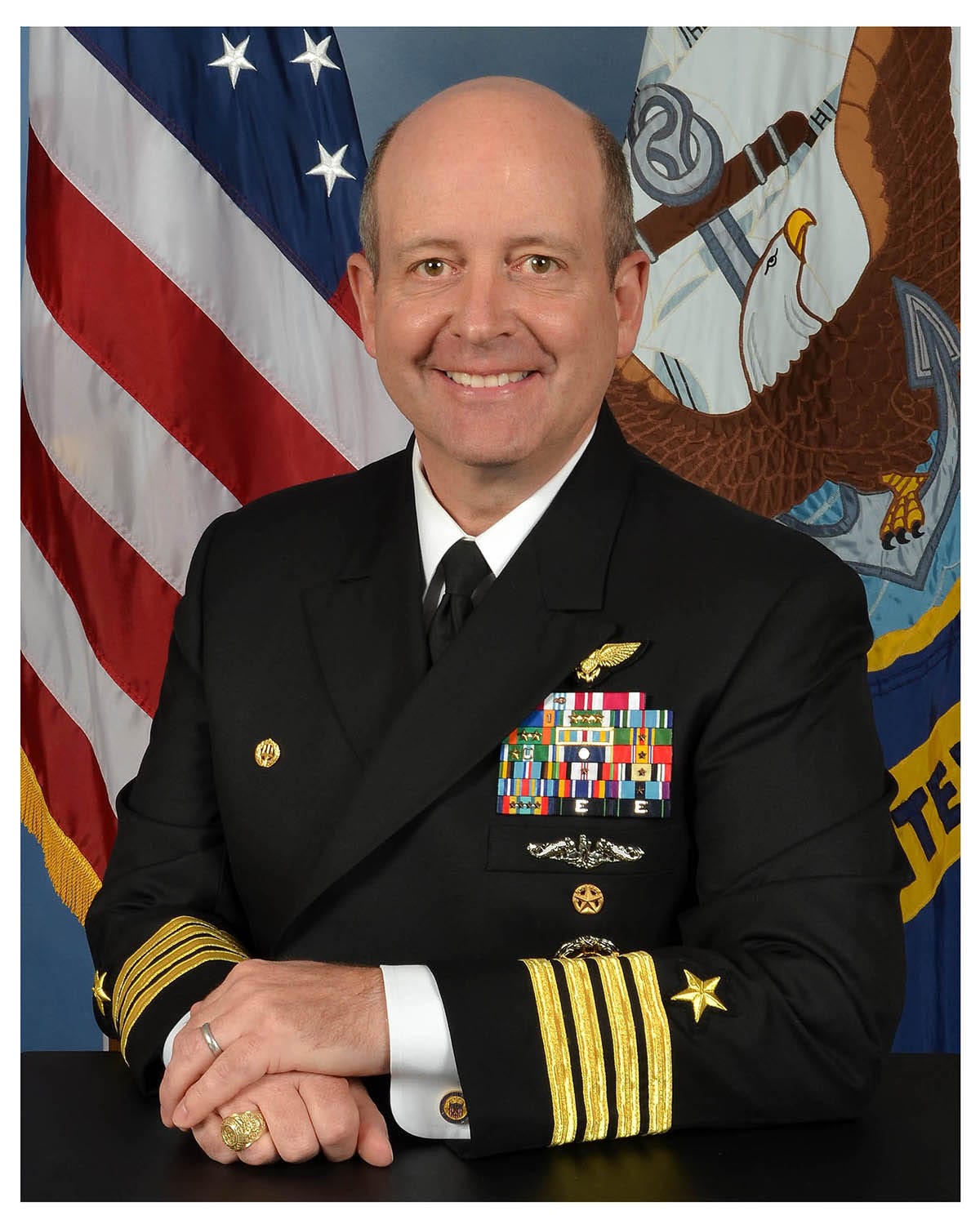
opinion
Every now and again a story pops up that takes us out of our COVID-induced funk and reminds us that, despite all of our troubles, the world we live in can be joyful, uplifting, and inspiring. Recently, this wonderful city of Pensacola was slap, bang in the middle of one of those stories, and for just a few short moments we were able to look to the skies together and collectively enjoy our moment on the world stage.
All over the globe, millions of people watched as NASA astronauts Bob Behnken and Doug Hurley careened through the atmosphere at a blistering pace that was more than twenty times the speed of sound, destined for a spot in the ocean 30 miles off the coast of Pensacola. We held our breath as we waited for the SpaceX Dragon capsule to safely come through the communications blackout, anxiously anticipating that first radio call to report “all conditions normal.”
Many stood on the beach and strained their eyes through the haze, some with binoculars, some without, hoping to see the three red and white parachutes open, signaling the capsule’s safe return to spaceship earth. The excitement of being able to witness history firsthand resulted in a small flotilla of boats driving all the way out to the drop zone in the hope they’d be lucky enough to see it, and they weren’t disappointed. This was the first water landing by a manned space capsule since 1975, and for many it sparked nostalgic thoughts of another era when astronauts where national heroes and the success of the Apollo space missions made it seem like we could overcome anything together as a nation.
Like the Apollo and Mercury missions in the 1960’s and 70’s, this mission had strong ties to the Naval service. Doug Hurley is a United States Marine and Naval Aviator, and began his flying career at NAS Pensacola. The capsule was brought to the NAS Pensacola pier onboard the SpaceX vessel GO NAVIGATOR, and the astronauts were flown from the GO NAVIGATOR to Sherman Field via helicopter and transferred to a NASA aircraft for further transportation to Houston.
Historic splash: Pensacola shares in space history as Dragon Endeavour splashed down offshore
Onlookers swarm: After successful splashdown of SpaceX Crew Dragon capsule, private boats swarm astronauts
But this wasn’t NAS Pensacola’s first rodeo with the space program. Seven of the 11 astronauts who walked on the moon were Naval Aviators who began their career here at the “Cradle”. The director of the National Naval Aviation Museum, Captain Sterling “Sterls” Gilliam, USN (ret), enjoys telling a story regarding a particular young flight student by the name of Ensign Neil Armstrong.
Ensign Armstrong flew his first solo flight at NAS Pensacola, for which he received a below average grade for his landing approach, but an above average for his “strong mental attitude.” In time, Armstrong would become one of the most skilled and celebrated pilots in history, and arguably more responsible for the success of the Apollo 11 moon landing than any other astronaut. As my friend Sterls likes to say, Neil Armstong’s ascendency to aviation greatness personifies Naval Aviation’s ethos of “the relentless pursuit of perfection.”
For many years, NASA astronauts conducted water survival training onboard NAS Pensacola. One of the first astronauts, however, was not even human. On May 28, 1959, a squirrel monkey named Miss Baker was one of the first primates to be successfully launched into space. Following her successful mission, Miss Baker became a national celebrity and resided at the Naval Aviation Medical Institute at NAS Pensacola for many years. She was eventually moved to the U.S. Space and Rocket Center in Huntsville, Alabama, where her final resting place is marked by a large gravestone. To this day, her grave routinely has several bananas on top, left by visiting well-wishers.
This most recent joint NASA and SpaceX event may have been just one more notable episode in NAS Pensacola’s long and storied history, but we needed to experience it. We needed to be reminded of our potential as a human race. We needed to be reminded that our collective history is not yet written; that history is happening all around us; that we are collectively responsible for our destiny, and must therefore protect the promise of our children’s future. We needed to be reminded that even in the most challenging of times the human race is capable of such wondrous things.
...tinyurlis.gdu.nuclck.ruulvis.netshrtco.de
مقالات مشابه
- نحوه استفاده بوته چینی
- شرکت صادرات و واردات کالاهای مختلف از جمله کاشی و سرامیک و ارائه دهنده خدمات ترانزیت و بارگیری دریایی و ریلی و ترخیص کالا برای کشورهای مختلف از جمله روسیه و کشورهای حوزه cis و سایر نقاط جهان - بازرگانی علی قانعی
- چگونه می شود یک کارمند در زمان های سخت | پنجم Studer
- معایب استفاده از چادر مسافرتی برزنتی => چادر مسافرتی برزنتی, چادر مسافرتی
- کربن اکتیو یا فعال چیست و چه کاربردی دارد؟
- نیروی دریایی ایالات متحده جانباز فدرال تحت تعقیب به اتهام تلاش برای ورود به پنساکولا و در حالی که مسلح
- تقویت سیستم تخلیه با هدرز
- راهنمای خرید قایق بادی و مبل بادی اینتکس
- نحوه پارتیشن بندی هارد اکسترنال در ویندوز 7، 8 و 10 چیکاو
- آیا می توانید از مثلث عبور کنید؟